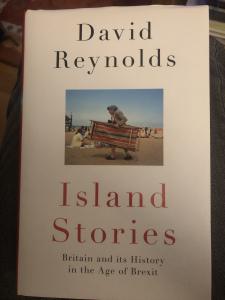They say that if it sounds too good to be true, then it probably isn’t true. In the same way, if a story sounds simple, it probably shouldn’t be trusted.
At the moment we are being presented every day with narratives about how the government is handling the coronavirus pandemic and its mitigation. The attempt to make control seem achievable and solutions seem almost within reach has the potential, however, to lead to later corrections and amendments – which then have the effect of reducing confidence because it all sounds too chaotic.
One example: why announce that a plane is bringing a huge volume of PPE back from Turkey when we discover hours later that (a) it hasn’t even taken off yet, (b) hasn’t got permission from the Turks yet, and (c) isn’t likely to bring enough supplies back anyway?
This isn’t to question individual decisions at a difficult time (although the post-pandemic reviews – especially comparisons with countries like Germany – will be challenging), but to question behaviours and narratives.

Even though Brexit is now “done” (really?), this book tells how we became who we are as island nations. Only by acknowledging the complexities can we ever hope to deal with reality (rather than just rhetoric). So, it shines a bit of a light on the self-identification that seems to guide much of our current political activity and language – principally the need to reinforce the notion of British exceptionalism.
A quick final thought about how this relates to reading of narratives. I never tire of reading the biblical narratives. One reason is that they compel the reader to use some imagination in wondering how the stories might have been told by others involved in the events: the Egyptians caught out in the exodus; the Babylonians who benefited from exile and empire; the people Jesus met whose encounters are brief. For example, did the rich young man ever come back to see Jesus again after he had been told to give away his wealth, learn real dependence and only then go with Jesus and his friends?
Narratives always need to be interrogated. Not to do so is not to take them seriously.
